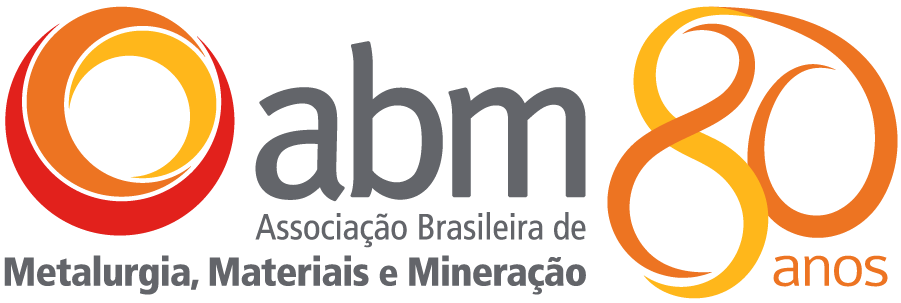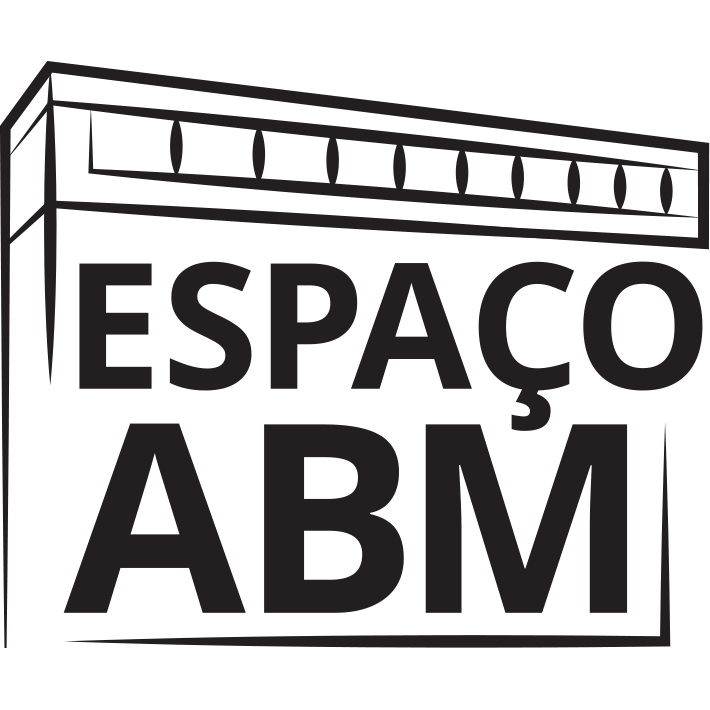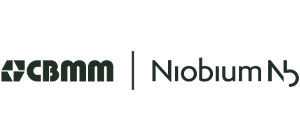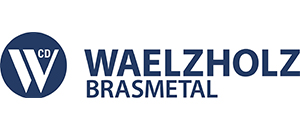Specialists participating in ABM WEEK’s 6th edition debate the use of steel aggregates

The need for sustainable, profitable destinations for steel co-products has encouraged the industry look carefully at their potential applications in different segments. Although this has already been a successful reality in several parts of the world for years, the lack of regulations and standards for the use of this type of material is evident both in Brazil and abroad, which often leads to a lower-than-expected use of co-products in other production activities.
In addition to the increasing need to reuse raw materials, other major aspects to be considered in the discussion are the financial return and lower environmental impact. This extremely important topic was the subject of the roundtable on Steel Aggregate held on June 7, the first day of the 6th edition of ABM WEEK.
Split in two discussion groups, important figures from the Brazilian and international industry attended the event, including Thomas Reiche, managing director of FEhS (Institut für Baustoff-Forschung e.V.) and president of EUROSLAG; David Vilas Boas de Campos, fertilizer researcher at Embrapa Solos; Patrício José Moreira Pires, associate professor at the Federal University of Espírito Santo (UFES); Cassius Cleber Cerqueira, co-products manager with Gerdau, and others.
Both panels were opened by Leila Kauffmann, ArcelorMittal’s co-product manager, and moderated by Luiz Cláudio Pinto Oliveira, managing partner at Ensoreso Consultoria. Participants discussed the standardization, practical applications, and sustainability of steel aggregate. As a starting point, Kauffmann pointed out that “properly aligning the concept is important because we aren’t adding any value when we call it ‘waste’,”. This would involve the establishment of regulations and standards for the market, as well as a certain pressure on government agencies to show the value of this transformed raw material, she added.
Reusing materials has become increasingly necessary, even more so in a scenario in which generation of products is sought to be reduced for environmental reasons. In this respect, we are not only talking about the impacts of ore mining and processing, but also of all stages of steel production.
“The European Union has set quite ambitious CO2 reduction targets, which require a fundamental transformation of processes, especially in the integrated steel production chain,” Germany’s Thomas Reiche said. “Steel production has to be taken into account when discussing how to allocate CO2 emissions in Europe.” The FEhS researcher also points out that the German regulation on the use of aggregate materials has already spanned fifteen years, covering applications mainly in the construction and infrastructure market, but also as fertilizers.
The panel also gave practical examples of how steel aggregates are being used in Brazil and studies to increase their application. Professor Patrício Pires and Maurício Cavalli Júnior, construction works coordinator at Rodovias S.A., , showed how the Sidercal product is being used in the expansion of highway Eco 101, in the state of Espírito Santo. The research team led by Pires used steel aggregates in different stages of the project to demonstrate that the use of co-products in the composition of the road pavement met all the previously established quality parameters, even performing better than “pure” materials. Pires also addressed the concern about his studies’ impacts on nature. “Whenever we use steel residues, the first concern is about environmental parameters.” In his presentation about the project, the Rodovias S.A. executive echoed such concerns and also the UFES professor’s enthusiasm, in addition to bringing up an important issue when we consider the existing market. “In the corporate world, we must talk about costs; and the use of sub-base course delivered an estimated savings of 70% when compared to the traditional road pavement system,” he said.
In his lecture, the researcher from Espírito Santo also highlighted a point that should be taken as counsel in this field in the near future: “Our objective is to come up with a better co-product to be used as road base, not just reuse.”
Throughout the panel, the speakers also presented examples of the benefits of using steel aggregates in agriculture, steelmaking slag as a technical and environmental solution in highways and railways, additional uses of steel co-products in geotechnical engineering works, various opportunities for using steel aggregate in sanitary landfills, and more. All this shows there is still a lot to be explored when it comes to the use of such materials often disposed as waste. Leila Kauffmann and Professor Patrício Pires drew attention to existing technologies for the use of virtually all types of steel aggregates without the need to introduce any change in the current processes.
As emphasized by Thomas Reiche during the roundtable’s first part, improved regulations and specific standards are required, both in Brazil and Europe, for steel aggregates to be considered a “real” co-product and their use to increase further, particularly at a time when environmental impacts need to be urgently reduced. “Sometimes we forget the world's population continues to grow; we will need these materials,” anticipates the German researcher.
The 6th ABM WEEK is hosted by Gerdau and is sponsored by the following companies: Açokorte, Alkegen, Amepa GmbH, Aperam, ArcelorMittal, Atomat Services, AutoForm, BM Group/Polytec,BRC, BR Event Materials ,CBMM, Combustol, Clariant, Danieli, Dassault Systèmes, DME Engenharia, Eirich, Enacom, Engineering, Evonik, Fosbel, GSI, Harsco, Hatch/CISDI, Ibar, Imerys, IMS Messsysteme GmbH, Isra Vision Parsytec, John Cockerill Industry, Kuttner, Metso Outotec, Nalco Water/Ecolab, Nouryon, Primetals Technologies, PSI Metals, Reframax , RHI Magnesita, Saint-Gobain, SMS Group Paul Wurth/ Vetta, Spraying Systems, Suez, SunCoke, Tecnosulfur, Ternium, Timken, Thermo Fischer, TopSolid, TRB, Unimetal, Usiminas, Vale, Vamtec, Vesuvius, Villares Metals, Wallonia.be (ADI – Industrial Services, John Cockerill Hydrogen, BorderSystem, Datanet International, Synthetis e PEPITe), White Martins, e Yellow Solution.Special support: CNPq. Institutional support: Abal, Abendi, Abifa, AIST, AIST Mena, Alacero, CBCA, Ibram, Icz, Instituto Aço Brasil, CIMM, Ind4.0.




















Deixe seu comentário